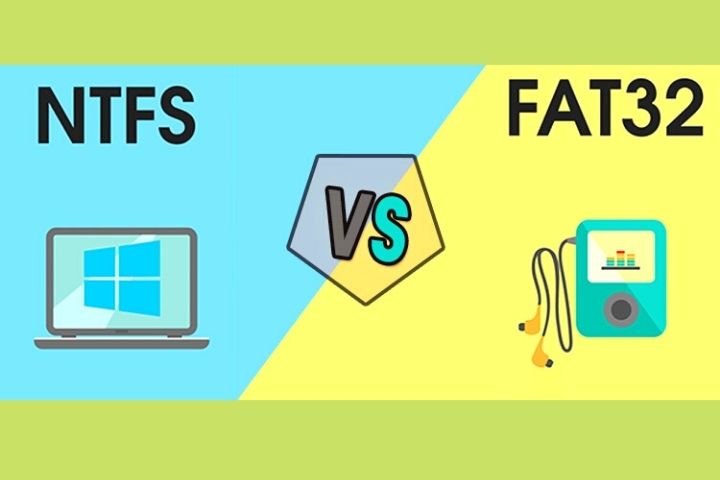Introduction
Windows OS usually relies on one of its main file systems, FAT or NTFS. NTFS is also known as New Technology File System. It is a file system developed by Microsoft corporation for Windows NT 3.1. For the Windows NT family. It is the default file system and is also used as a great replacement for File Allocation Table (FAT) file system.
Since Windows PCs are more widespread than Mac devices, external hard drives and USB sticks come with NTFS file format so Windows users can easily plug their devices and get them ready to read or write NTFS files. However, Mac users are unable to write on NTFS-supported devices. Luckily, there are a lot of third-party NTFS for Mac apps that can be used to read and write files on NTFS supported drives and USBs using a Mac.
If you often need to read, write or collaborate on high quality and larger files either on your PC or Mac, below are some reasons why you should choose NTFS over the FAT file system.
Recoverability
Greater recoverability is one of the major benefits of the NTFS file system. A user needs to run a disk repair program on NTFS drives or volumes. As a result, this file system ensures the consistency of the drive or volume by using its standard recovery and transaction logging techniques. In case of system failure, the file system uses its log files and recovery techniques to restore the consistency of the file system automatically. As a result, it reduces the chances of data loss even in an event of system failure or breakdown.
Better File Read Speed
Every tech geek knows that NTFS offers high security. But do you know that the file read and processing speed of the NTFS file system is also faster than FAT32?
In this file system, file attributes are usually divided into two different types: 1) resident attribute 2) non-resident attribute. The resident attributes including file name and other information like file creating time and modification time are stored in MFT. Other non-resident file attributes are kept outside the MFT. Since MFT loads to memory as soon as the windows start, it provides improved file access speed of files and folders.
Self-Repairing Feature
NTFS file system comes with the ability to automatically repair physical errors in a drive or disk. In other file systems including FAT16 and FAT32, users need some programs and apps to mark the damaged sector of a drive. When an error is detected, data is written on the damaged sector or drive or
partition. On another hand, the NTFS file system checks the sector before any file read or write activity. As a result, the NTFS file system report automatically if there is an error in reading process and intelligently chooses the suitable sector if there is an error in the writing operation. Furthermore, NTFS also mark the damaged sector of a drive or partition so it cannot be used in future to help user prevent data loss or any other read or write errors.
Event Log
In the NTFS file system, operations are considered events. For example, when you copy a file from partition D to partition E, it is an event. The file system creates an event log to keep a proper track of operations. When an operation or even completed successfully, the log will mark it as ‘finished’. If the power supply cut during the file copying process, the log will not record it as a completed operation and the process will restart when the power comes back. The system also creates a list of done and undone operations to prevent the device from disorders caused by unforeseen events like sudden power cuts. It helps reduce destructive effects to a great extent.
Removing File Size Limitations
The NTFS file system has greatly increased the size of volumes and files. This file system can support larger hard disks and files with 2TB or larger. Moreover, the overall performance of NTFS does not decrease even if the disk capacity is increased. Safer file encryption, file protection and increased information security are some other benefits of the NTFS file system that other file format systems like FAT16 or FAT32 don’t offer.



![Top 10 M4uFree Movie Alternatives | M4uFreeMovie in 2022 [Updated]](https://www.techsplashers.com/wp-content/uploads/2022/03/Top-10-M4uFree-Movie-Alternatives-M4uFreeMovie-in-2022-Updated.jpg)








Leave a Reply